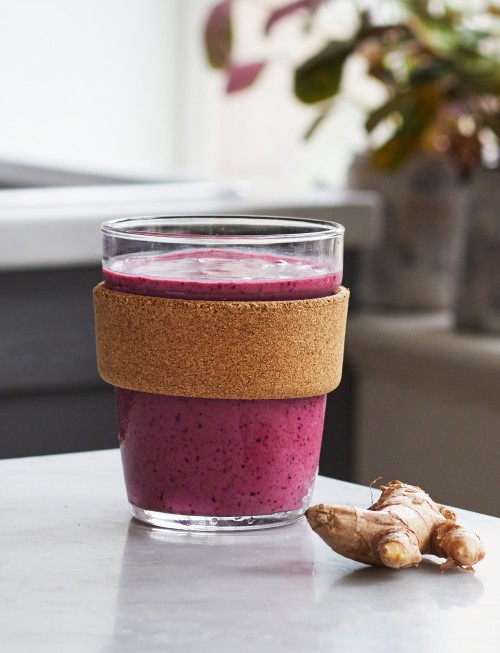Unlike macronutrients, which we need in large quantities for fuel, we need smaller quantities of micronutrients, known more commonly as vitamins and minerals. Though we need less of them, they are absolutely vital for energy levels, bone health, growth, and an optimum immune system. A plant-based diet is rich in many of the vitamins and minerals we need, such as vitamins C and E, folate, potassium, and magnesium. There are, however, a few micronutrients that you should be mindful of when planning a healthy plant-based diet, such as calcium, iron, selenium, and zinc. They are typically more easily obtained from animal foods, so it’s important to ensure that you’re getting enough from plant sources.
This guide will highlight some of the key vitamins, minerals and other key micronutrients you may need when on a plant-based diet. Others you may need to supplement if you follow a plant-based diet, which you can read more about here.
Calcium
A key mineral for bone health, muscle movement and blood clotting, calcium tends to be consumed through dairy products. However, there are plenty of plant-based sources of calcium such as tofu, tempeh, beans, almonds, tahini, chia seeds, kale, watercress, broccoli, figs, oranges, and fortified plant milks. The recommended daily amount of calcium is 700mg, which you’d achieve if you had 200ml of fortified plant milk in your morning porridge or smoothie and a 100g portion of tofu and 70g kale in either your lunch or dinner.
Iron
Iron is required for the body to grow and develop. Recommendations for men are 8.7mg per day, whereas for women it’s higher at 14.8mg per day. Iron deficiency is common across all dietary patterns, therefore everyone should ensure they consume adequate amounts. Good plant-based sources of iron include tofu, tempe, edamame, chickpeas, lentils, beans, many nuts and seeds, kale, potatoes (with skin on), quinoa, wholewheat pasta, and spinach. You can boost your absorption of iron from plants by consuming iron-rich foods alongside a source of vitamin C, such as broccoli, peppers, kiwis or strawberries, and avoiding drinking tea or coffee with meals.
Selenium
Selenium is an antioxidant that helps us to achieve healthy hair and nails, and a well-functioning immune system. It is found in small amounts in a variety of whole plant foods including brown rice and lentils, but an easy way to meet your daily dose is to eat two Brazil nuts.
Zinc
Zinc supports our DNA, fertility and brain function. It is found in many plant foods like oats, chickpeas, walnuts, quinoa, lentils, peas, wholemeal bread, tofu, brown and wild rice, tempeh, and fortified nutritional yeast. Zinc absorption can be increased by eating fermented soya products (such as miso and tempeh), soaking and rinsing dried beans before cooking, and sprouting grains and seeds before cooking.
Summary
To ensure you’re not missing out on important vitamins and minerals that support your overall health, make sure you eat a diet that is diverse in the kind of plants you’re consuming. It’s recommended we eat 30 different plants a week, and though this number may seem daunting, remember that herbs, spices, whole grains, nuts and seeds all count alongside fruit and veg! By creating plates of food that are balanced, you’ll be supporting your health and body in the best way possible.
 Membership
Membership Our Story
Our Story











